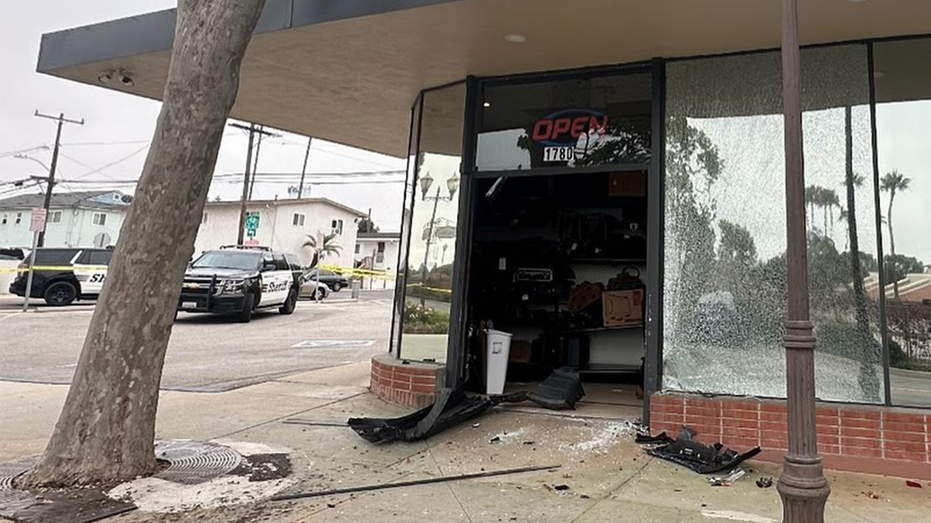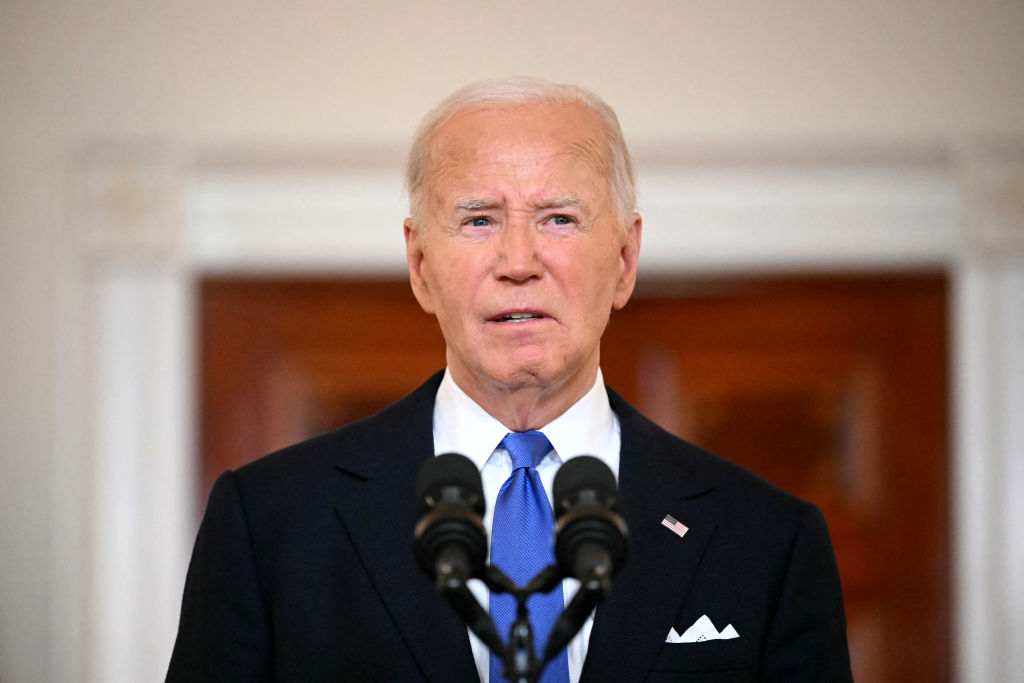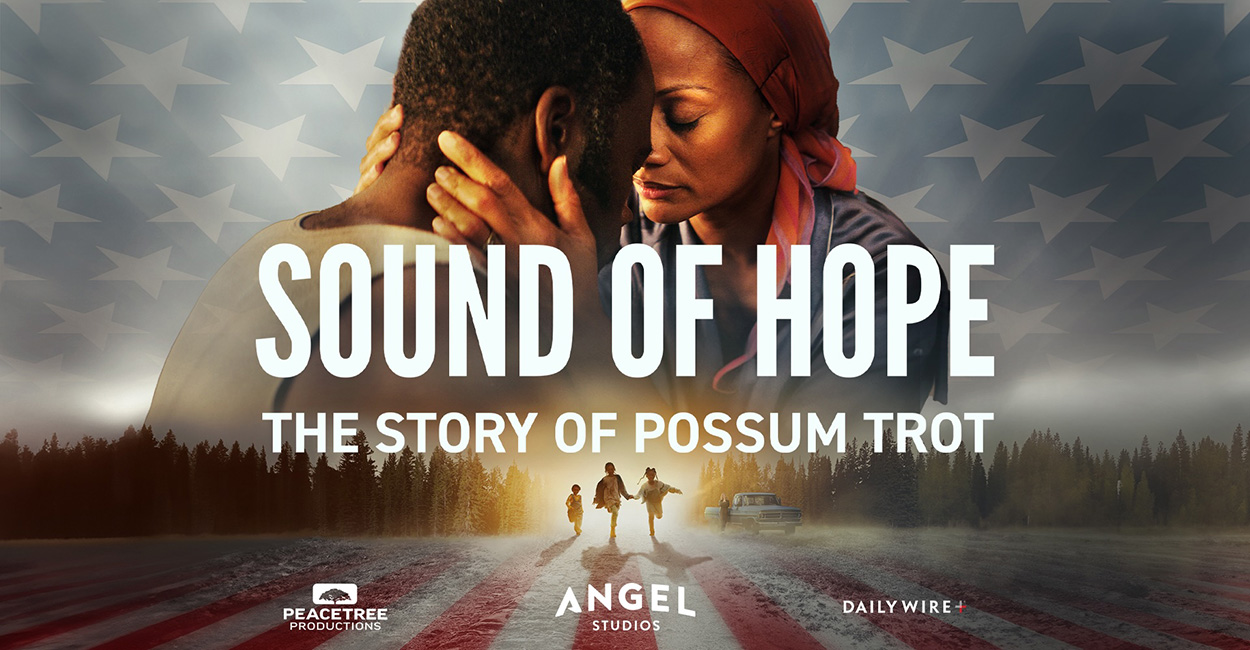

New York has sided with parents in the battle between them and social media advocates, joining an increasing number of states pressing for or enacting legislation requiring social media companies to obtain parental consent before minors are permitted access.
When states such as New York and California align with states such as Texas, Louisiana, Georgia, and Florida in anything these days, there must be something going on. Could it be that we are finally willing to question the redeeming social value of new forms of technological products?
Social media has undoubtedly opened new vistas in personal and business interactions, facilitating connections between people and the global exchange of information. It has stimulated innovation, entrepreneurism, and new forms of communication. But it has proven to be a mixed bag providing both saints and sinners a megaphone to spread good, bad, and ugly information.
Advocates for the protection of children point to the growing amount of research suggesting that social media is a dangerous and addictive product in the hands of children. No less an authority than the U.S. surgeon general has labeled it a danger and suggested that Congress consider tobacco-like warnings, given the increasing correlation between the use of social media and harm to young people’s mental health.
Recent statistics reveal increasing incidents of depression, anxiety, eating disorders, and addiction, not to mention cyberbullying. Between 2007 and 2018, a period that experienced meteoric growth in the number of social media users, suicides between the ages of 10 and 24 reportedly increased nearly 60%.
It is not surprising that parents are exasperated and feel that they do not have the ability or technological tools to combat the impact social media is having on their children, particularly when they are not directly supervising them. Congress has not been much help.
Since enacting the Child Online Privacy Protection Act in 1998 and the Children’s Internet Protection Act in 2000, it has largely been missing in action as social media has all but supplanted parents’ roles by addictively subjecting their children to an emotional bombardment that some argue their brains are just not yet equipped to handle. States such as California, Florida, Utah, Texas, Georgia, and Louisiana have already taken legislative steps to impose age verification and parental consent requirements on the use of social media in their states.
The Supreme Court ruled last week on another social media skirmish involving the extent to which the government can restrict social media posts, saying that several states did not have the right to sue. Courts are beginning to establish a legal framework that may affect whether parents or social media companies ultimately prevail with it comes to children.
Proponents of social media point out that there is an equal number of studies concluding that there is no direct relationship between social media and children’s mental health. They also cite research that identifies benefits, including collaborative learning, the lowering of barriers that separate people, and the ability to express emotions and locate valuable mental health support.
But ultimately, lawyers for social media cling to the First Amendment, arguing that state laws are too broad and technologically unworkable and therefore are unconstitutional restraints of free speech. Ironically, both sides seem to claim there is no possibility of compromise, given the way the virtual world works.
While issues must be packaged certain ways for the courts, society should not necessarily be shackled to those frameworks when balancing the pros and cons of social media in our day-to-day lives. Technological challenges are multi-dimensional and, therefore, require multi-dimensional solutions. Too often we try to solve digital problems with analog tools.
With the challenges to the Section 230 status of content providers and their potential liability being tested in the courts, we are finally beginning to understand that much like real life, the virtual wild west that has been created must be governable. The involvement of parents on behalf of their children significantly shifts the battle. All content is not equal under the law.
Social media may be an active ingredient in the emotional combustion of children, but looking at the problem simply as a technology or child issue is not going to get us to reasonable solutions. Whatever damage that social media can inflict should be viewed as much as a people problem as a technological one. That means finding and deploying ways to convince, control, or incentivize people, businesses, and other nations to be responsible and civil, or suffer the consequences. That is an internet governance issue.
CLICK HERE TO READ MORE FROM THE WASHINGTON EXAMINER
Limiting the content and availability of social media is, admittedly, a tricky business. But before the internet, we were able to figure out how to limit children’s access to alcohol, drugs, and pornography in reasonable ways that didn’t infringe on the rights of adults. It wasn’t foolproof, but nothing is. Surely we can find ways to interpret the First Amendment and deploy technologies in ways that are consistent with common sense and the law.
The smart people who created our online world should be able to muster the innovation and resources to propose options going forward beyond the binary choice of freedom of speech or protection of children. It will take an effort to elevate online protection above making money, and that is the real challenge. If a compromise is not found, parents will prevail one way or the other. They always do.
Thomas P. Vartanian is the executive director of the Financial Technology & Cybersecurity Center and author of The Unhackable Internet.

















